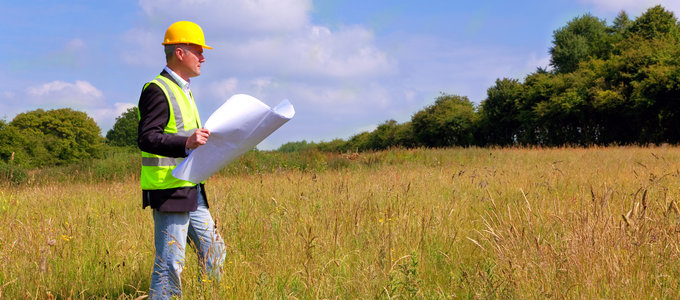Biodiversity Net Gain: The Impact on Property Developments

Since January 2024, the UK Government has required developments to increase biodiversity on-site compared to pre-existing conditions. This policy, known as Biodiversity Net Gain (BNG), applies to most residential developments with a few exceptions. It's crucial for landowners submitting planning applications or developers acquiring land to seek advice early to fully understand BNG requirements.
What is Biodiversity Net Gain?
Biodiversity Net Gain (BNG) is a policy designed to ensure that new developments reduce harm to the environment and contribute to nature recovery. The aim is to encourage development on sites with low biodiversity value, such as areas with concrete or hard standing, as additional biodiversity measures may not be required. However, if a site with a higher biodiversity value is built upon the developer will need be required to increase the biodiversity value.
How Biodiversity Net Gain Affects Developers and Landowners
Ideally, this gain should be achieved on-site. However, there is a growing market for off-site biodiversity net gain units, offering potential opportunities for landowners/developers to sell or purchase these units.
It is early days but it is hoped this market will benefit both developers needing to meet BNG requirements and landowners looking for new income.
Understanding how Biodiversity Net Gain affects development is critical. To learn more contact Lawson West Solicitors today.
Please contact us on telephone 0116 212 1000 or 01858 445 480, alternatively fill in the free Contact Us form and we will get in touch as soon as possible.
View all
